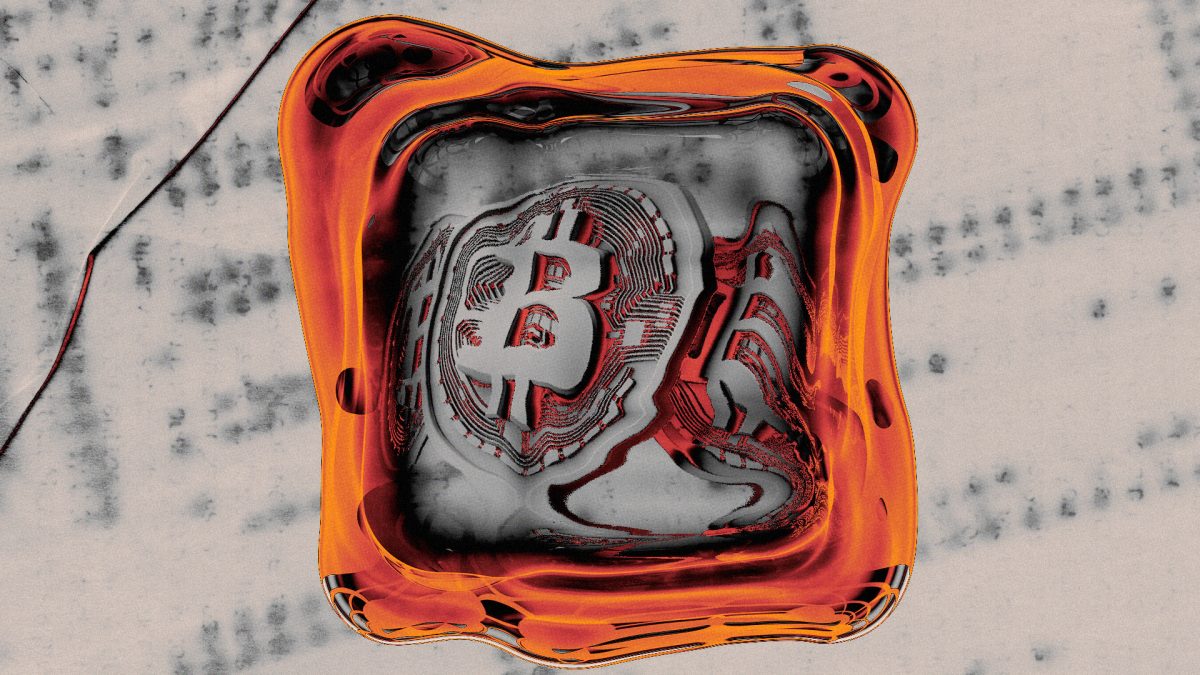Arizona Advances Digital Assets Reserve Bill Amid Legislative Hurdles










2025-04-18T08:20:16.000Z

On Thursday, Arizona's House committee took a significant step forward by passing the Strategic Digital Assets Reserve Bill, also known as SB 1373. This piece of legislation is now poised for a third reading and a crucial full floor vote, which will determine if it progresses to the governor's desk for final approval.
SB 1373 proposes the establishment of a strategic reserve fund dedicated to digital assets. This fund would be composed of both funds allocated by the state legislature and cryptocurrencies that have been seized by law enforcement authorities. The bill outlines a framework whereby the state treasurer would be authorized to allocate these seized digital assets into the fund using a qualified custody solution or a registered exchange-traded product, ensuring that the assets are managed securely and effectively. Additionally, the treasurer would have the ability to loan some of these digital assets from the fund to generate further returns, thus potentially increasing the funds value over time.
The legislation stipulates clear parameters for investment, stating, "The state treasurer may not invest more than ten percent of the total amount of monies deposited in the fund in any given fiscal year." This provision is designed to mitigate risk while allowing for strategic growth of the state's digital asset holdings.
In defining what constitutes digital assets, SB 1373 encompasses a broad range of entities, including virtual currencies, virtual coins, and cryptocurrencies. This definition includes well-known assets such as Bitcoin, stablecoins, and non-fungible tokens (NFTs), alongside other blockchain-based assets that carry either economic rights or access rights.
In conjunction with SB 1373, another piece of legislation, the Arizona Strategic Bitcoin Reserve Act (SB 1025), also received House approval on April 1. If enacted, SB 1025 would permit state funds to invest up to 10% in virtual currency holdings, further emphasizing Arizona's proactive approach to engaging with digital assets.
However, the progress of these crypto reserve bills may encounter significant challenges ahead. Governor Katie Hobbs has publicly committed to vetoing all bills until the legislature passes a critical measure for disability funding. This stance raises concerns about the future of SB 1373 and SB 1025, as both pieces of legislation could stall in the absence of gubernatorial support.
At a broader level, other U.S. states are also making strides in the realm of cryptocurrency-related legislation. According to research data from Bitcoin Laws, Arizona stands at the forefront of advancing digital asset reserve legislation, trailing only Texas and New Hampshire in the progress of similar initiatives.
As of November 2023, it is important to note that The Block operates as an independent media outlet that provides news, research, and data relevant to the crypto space. Foresight Ventures, a leading investor in The Block, has invested in other companies within the cryptocurrency sector, including Bitget, a prominent crypto exchange that serves as an anchor limited partner for Foresight Ventures. Despite these financial ties, The Block maintains its commitment to delivering objective and impactful information about the cryptocurrency industry.
In conclusion, while Arizona's legislative efforts to create a digital asset reserve indicate a forward-looking approach to cryptocurrency management, potential political obstacles may impede the swift advancement of these initiatives.
 Maria Kostova
Maria Kostova
Source of the news: www.theblock.co